Hawassa Elshadai Center
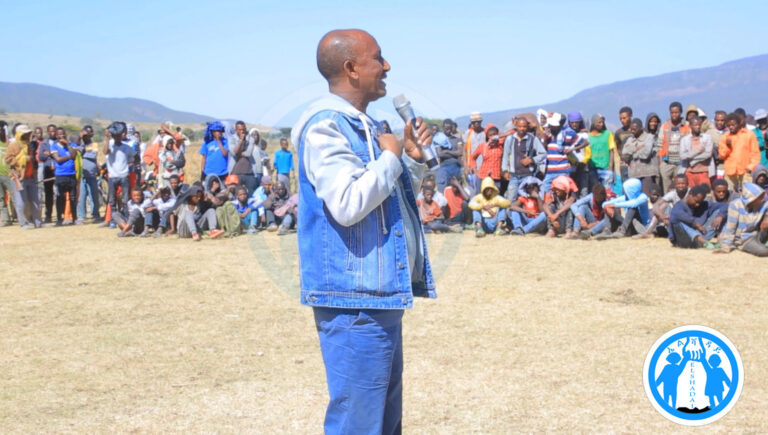
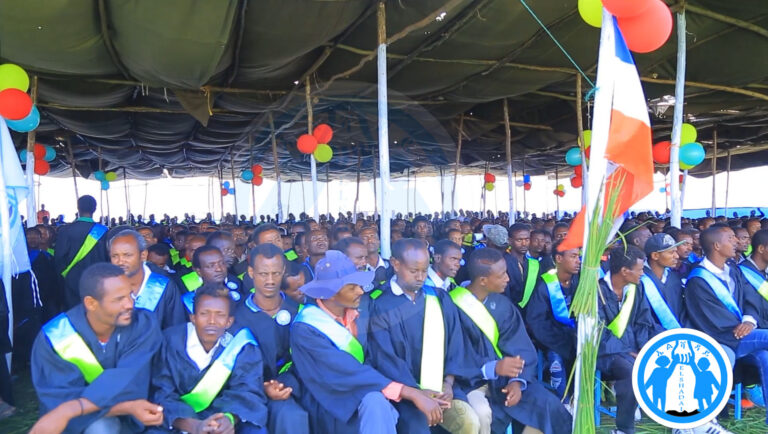
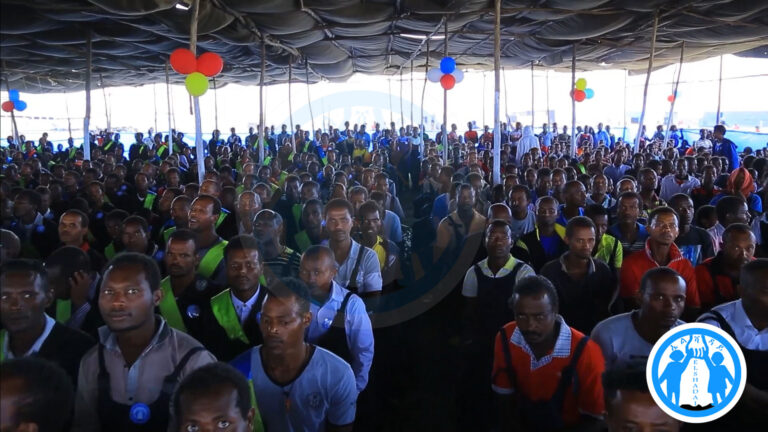
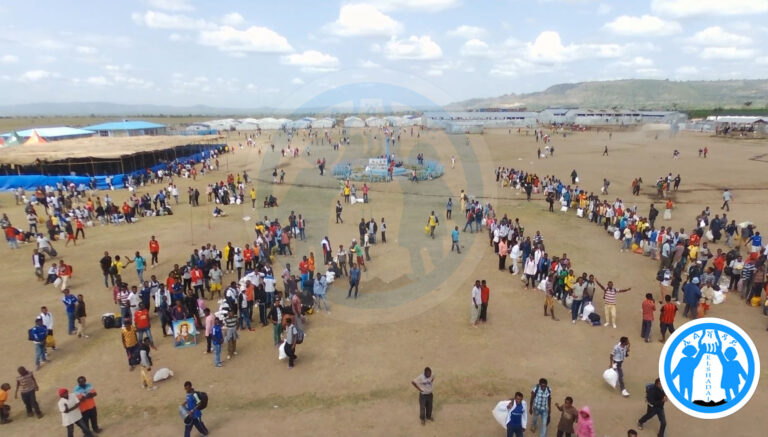
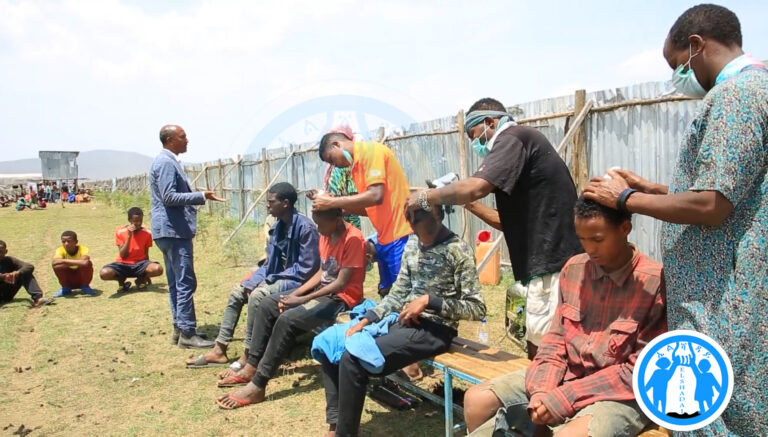
Hawassa Elshadai Health Services Center
Hawassa Health Center, in addition to youth and children who regularly attend training, is providing a range of health services to the community around the center, as well as helping them maintain home and personal hygiene and prevent the spread of infectious diseases. The health center is helping to make the community healthier by providing family planning counseling, birth and postnatal care, and health education.
Hawassa Elshadai Family Reunification Center
Children and teens who are living their lives on the streets in Addis Ababa, Adama, Mojo, Bishoftu, Hawassa and other parts of the Southern region, in coordination with the Federal Ministry of Women and Children’s Affairs, the Bureau of Women and Children’s Affairs and the Social Affairs Bureau and law enforcement, have been organized and admitted to the Hawassa Center for rehabilitation.
The children were provided help and individually counseled by psychologists, health and law professionals according to their needs so that they overcome the addiction, trauma, negativity, low self-esteem and anti-social behaviors. They received education on self-development skills, communication skills, problem-solving skills, negative emotion management, conflict resolution skills, how to cope with family pressure and developing a vision.
The staff of the center collected the children’s personal information and sent it to the Ministry of Women’s and Children’s Affairs, where the children were reunited with their families based on the information. This reconciliation and family reunification is also carried out at the Qalamino and Awi centers but has been extensively undertaken in Hawassa Center due to the higher number of children.










Hawassa Elshadai Training and Settlement Center
Youth that have come to Addis Ababa from various zones and woredas of the South and are living miserable lives were given awareness about the services offered by the Center, the duration of their training, the types of training they take, the conditions at which they are expected to work. Many of them voluntarily admitted themselves to the center.
When the young men and women arrived at the center, they were told to shave their hair, take a shower and dress in new clothes, and burn old clothes, drugs and cigarettes they had on them before entering the center. They have been given a comprehensive health check and have been treated for any medical condition.
Upon entering the center, the young people received deep life skills training, rehabilitated their social life, built up their psychological strength, and freed themselves from their addiction.
This life skills training has enabled them to become visionary, develop comprehensive behavioral, emotional, and behavioral changes, develop self-esteem, decision-making, communication, goal-setting and problem-solving skills and increase their motivations. The training included young people who lived from 1 to 21 years in the street and were exposed to various harmful and addictive substances.
The training process was designed to involve the young people in interacting and learning from each other through exchanging personal experiences. These include problem-solving, decision-making, self-esteem, goal-setting, self-control, anger management, stress, money management, time management, freedom of expression, communication and negotiation, expression of negative peer pressure The other types of training provided are life skills training, advocacy, teamwork, tolerance, challenge and comfort, advocacy for self and family, protection of culture and environment.
Skills in job creation and management skills; business planning; small business earning skills (human resource management and management, supervision, market control, networking and management; employee and supply management, financial management), income generating skills are also provided.
Once the trainees graduate, based on their personal preferences, their level of education, marketability, and profitability, the SNNP State Office of Animal and Fisheries has provided trainings in poultry, breeding and breeding. , Hawassa City Agriculture and Natural Resources Bureau, provided training in automotive, automotive services, metalworking, construction, woodworking, hairdressing, textiles, food preparation, commerce and installation has been given training at Hawassa City Technical College.
Using the skills and knowledge gained by the youth, they were organized into their zones, woredas and kebeles and placed into the workforce by the state government and
start businesses. Elshadai has provided them three months food allowance, clothing and accommodation support until they stand on their feet.
